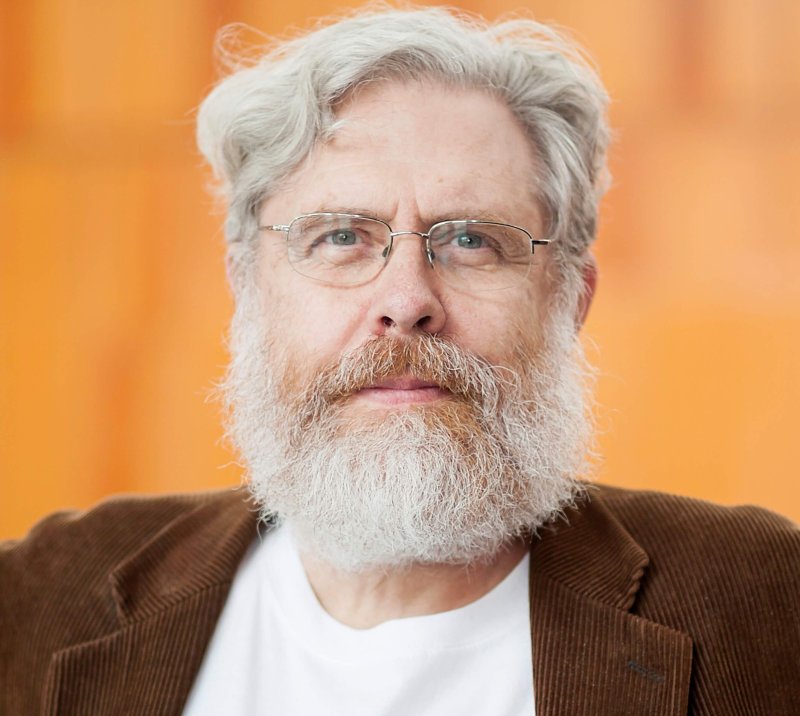“Evolution right now is in the market place,” Harvard geneticist and transhumanist poster boy George Church told an MIT conference recently. The Economist quoted Church in the context of altering humans to solve the problems a growing population creates in the world.
But Pete Shanks at Huffington Post chose to quote Church in the title of a piece in which he tries to insinuate that all of the researcher’s accomplishments and future ideas are dulled in some way by the fact he might make money off of them.
Shanks points out, as does The Economist’s correspondent, that Church is a founder of 12 biotech companies which have largely sprung out of his laboratory work at Harvard. Some of them are pretty out there, including bringing back extinct species:
Dr Church thinks that woolly mammoths could help prevent the Arctic permafrost from melting. Their grazing would invigorate the flora growing on the surface, which would provide more protection from the sun. His laboratory is developing a robotic system called multiplex automated genome engineering (MAGE) that can perform up to 50 different genome alterations at nearly the same time, creating billions of variants in a matter of hours. MAGE would allow scientists to start with an intact genome of a living Asian elephant and change it wholesale into one that is comparable to an extinct mammoth, using information pieced together from frozen fragments of mammoths.
But others, like the $100 genome, are fast approaching and will be marketable technologies soon, whether Church and his colleagues profit off of them or leave someone else to capitalize.
So why should Church and researchers like him who move between the world of academia and private sector businesses be differently accountable? In Shanks’ view, it’s either a mix of the fact that some of Church’s ideas read like science fiction — he gives several examples in his post, possibly alleging some sort of intellectual theft — or because the subject matter Church takes on is so epic that capitalism should be trivialized in comparison:
But [Church] does have a very capitalist orientation, leading him to tell the magazine, “We’re well beyond Darwinian limitations to evolution. Evolution right now is in the marketplace.” Church is expressing here an odd combination of hubris and passivity. His ambition takes him “beyond Darwinian limitations” — he can casually discard a few billion years of evolution — and yet he is irresistibly bound to the current economic system. He has that the wrong way round.
But Church’s humanity-oriented ideas aren’t different in spirit than what already happens in the world of healthcare. Every drug that comes out of academic development and ends up with an iconic TV ad followed the same path. Remember those bathtubs? So do CT scanners and MRI machines and patents on breast cancer genes.
Shanks quotes Israeli historian Yuval Noah Harari’s new book that alleges the optimists might not have it right when it comes to transhumanist technologies. He writes that the availability of extreme anti-aging, gene altering and brain uploading technologies will further indemnify our classicist systems, where the very rich have access and the poor must comparatively suffer. But again, that happens everyday in our modern healthcare system. Rich people can afford to replace teeth when they lose them; poor people are often left to change how they smile.
The status quo is decidedly unjust, but shuttling pointed comments about George Church’s bank accounts back and forth across the internet is not going to change that. If Shanks’ message is that those on the cutting edge of biology have a moral obligation to make these emerging technologies available and affordable to everyone, he should just say that.
Meredith Knight is editor of the human genetics section for Genetic Literacy Project and a freelance science and health writer in Austin, Texas. Follow her @meremereknight.
Additional Resources:
- De-Extinction: If we’re being honest, it is a bit like Jurassic Park, Genetic Literacy Project
- Cloning, de-extinction, and possibly human applications, Biopolitical Times
- Transhumanism in the crosshairs: The dark side of radical longevity, Genetic Literacy Project































